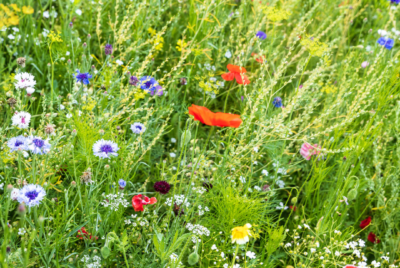RESEARCH
Aging-People Accessibility to Urban Garden: A Case Study in Turin
Summary
This paper explores how well urban gardens in Turin, Italy, meet the needs of elderly residents, who are an increasing segment of the population. The study uses a checklist to assess the physical environment of three urban gardens, looking at things like accessibility, safety, and available facilities. The goal is to identify problems and opportunities for improving these green spaces to better support active aging. The research considers the increasing need for age-friendly cities and the importance of outdoor spaces in promoting physical activity, social interaction, and overall well-being for older adults.
The researchers adapted existing checklists used internationally to create a new checklist tailored for Turin’s urban gardens, called USUAAL (Upgrade Social and Untemporal Activities for All ages). The USUAAL focuses on evaluating the relationship of the garden to the city, the accessibility of its boundaries, and the features within the garden itself, including the number and activities of users, available equipment, and the green space. While the research is ongoing, initial findings show that urban gardens are important social spaces but don’t always fully meet the needs of elderly users. The researchers found that integrating facilities and responding to the specific needs of elderly users, who are often present in the gardens, would help make the gardens a more integral part of the neighborhood and add value to the users lives.







